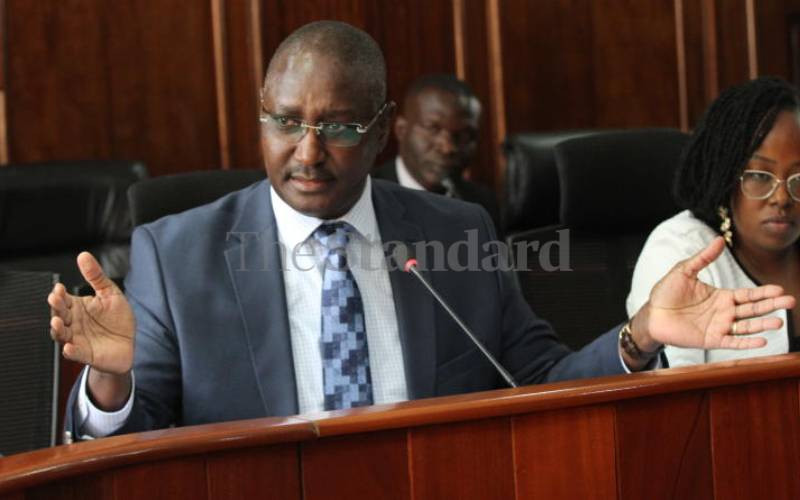×
The Standard e-Paper
Home To Bold Columnists

The Kenya Wildlife Service has told the Senate National Security, Defence and Foreign Relations Committee that it does not have guidelines for watering and grazing livestock in national parks during drought.
KWS Director General John Waweru appeared before the committee chaired by William Cheptumo (Baringo Senator) and said section 102 of the Wildlife Conservation and Management Act states that it was only the Cabinet Secretary who can make such guidelines.